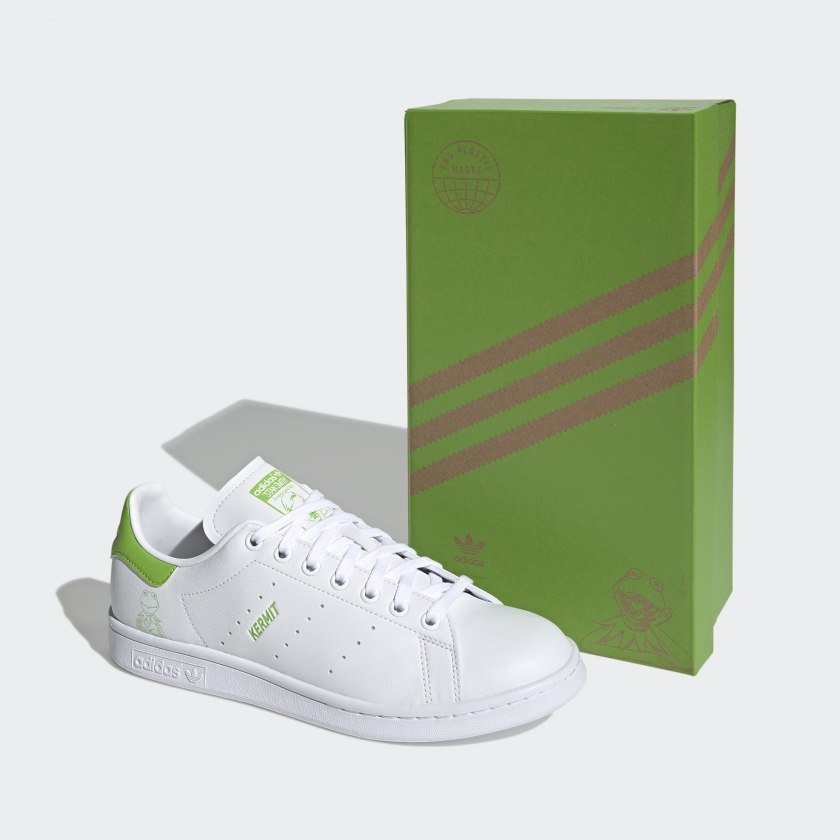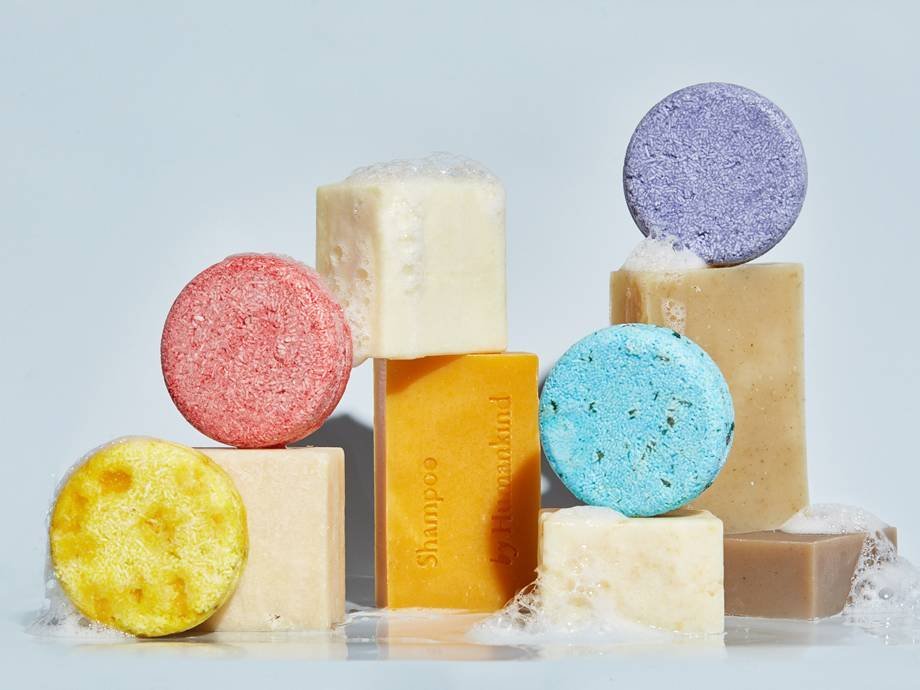You might already intuitively understand how plastic water bottles are bad for the environment. They take oil to produce and are nearly impossible to biodegrade, which is exactly why we have the great garbage patch in the ocean. Plastic just doesn’t go away easily. But you might not be aware of the specifics. test test
The rise in the use of plastics over the last 50 years has created an enduring ecological problem in the form of plastic waste collecting in our rivers, streams, and oceans, and leaking toxins into the water we consume. For both health and environmental reasons, many conscientious consumers have looked for ways to reduce their plastic consumption. From recycling to using paper bags instead of plastic, people have started to take on the responsibility of reducing their contribution to the plastic problem. And many have added another great way of reducing their plastic use – ditching the single-use plastic bottle for good and replacing it with a reusable water bottle.

descp


A plastic water bottle starts off as oil, as all plastics do. So before the bottle is even created, it requires the drilling and extraction of oil and then its refinement. This process in itself creates a tremendous environmental impact. According to an infographic created by Printwand, it takes 17 million barrels of oil per year to make a year’s supply of disposable water bottles. To put that into more everyday terms, that means that the oil required to create each bottle would be able to fill up about ¼ of the bottle created. So for a 20oz bottle that would be 5oz of crude oil, or about a barrel of oil for every 1000 bottles. By comparison, you can get 20 gallons of motor fuel out of a barrel of oil. So not only are plastic bottles environmentally damaging, they contribute to inflated gas prices. All in all, from oil extraction to bottle creation to actually bottling the water, it is reported that this process of bottling water contributes 2.5 million tons of carbon dioxide pollution per year. The bottling of water and its transport is the least efficient means of delivering water to human beings in history.
And this is all before the bottle is even used. Once the bottle is disposed of – either properly or improperly – it creates a burden on landfills and our natural environment. Here are some brief statistics on what happens to plastic bottles once they are used: - Plastic waste, including bottles, kills an estimated 1.1 million marine animals per year. - 38 billion water bottles end up in US landfills per year. - Plastics require about 700 years to dissolve, meaning they accumulate rapidly in the environment and have negative impacts for centuries.
If your goal is to reduce your contribution to plastic waste, it’s important to note that not all reusable water bottles are ideal. Obviously a plastic reusable water bottle will require oil to create and will have many of the same negative health effects as water from plastic bottles, especially if you want to use your bottle to carry hot beverages like tea. Toxins from plastic more easily leach into water that is hot. So when you pour your favorite hot beverage into your plastic reusable water bottle, you are creating an infusion of toxic byproducts.
Perhaps the best option for a reusable water bottle for both health and environment is a stainless steel water bottle like Be Bottle. With a stainless steel water bottle, you are not only reducing the amount of oil needed to create it, but the possibility of it contributing to plastic waste is virtually zero. Steel is a non-toxic alternative to disposable plastic water bottles and plastic reusable water bottles. With an eco friendly stainless steel reusable water bottle, there is no risk of leaching toxins into your beverage. In fact, with the Be Bottle’s built in tea and fruit infuser, you can infuse your favorite water based beverages in the bottle itself!
Perhaps the best option for a reusable water bottle for both health and environment is a stainless steel water bottle like Be Bottle. With a stainless steel water bottle, you are not only reducing the amount of oil needed to create it, but the possibility of it contributing to plastic waste is virtually zero. Steel is a non-toxic alternative to disposable plastic water bottles and plastic reusable water bottles. With an eco friendly stainless steel reusable water bottle, there is no risk of leaching toxins into your beverage. In fact, with the Be Bottle’s built in tea and fruit infuser, you can infuse your favorite water based beverages in the bottle itself!

